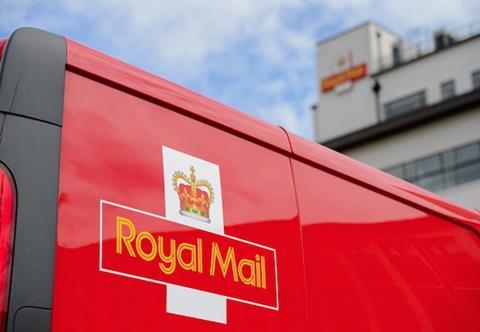
Employee Benefits Poll: More than half (55%) of respondents think that more employers will follow the example set by postal organisation Royal Mail and implement collective defined contribution (DC) pension schemes.
A straw poll of www.employeebenefits.co.uk readers, which received 44 responses, also found that 20% of respondents do not think organisations will start introducing collective DC pension arrangements, while 25% do not know whether collective DC pension schemes will increase in popularity or remain static.
Last month, Royal Mail confirmed that it will proceed with its new pay and pensions structure after approximately 110,000 of those employees who are members of the Communication Workers Union (CWU) voted in favour of the agreement.
Pension changes as part of the new deal included closing the Royal Mail Pension Plan (RMPP) to future accrual in its current form on 31 March 2018. This is to be replaced by a new collective defined contribution (DC) scheme, subject to the required legislative changes, which will run alongside a defined benefit (DB) cash balance scheme. Under these arrangements, Royal Mail will contribute 13.6% of a member’s pensionable pay.
Transitional pension arrangements have been implemented from 1 April 2018. This includes the introduction of a defined benefit cash balance scheme for RMPP members, with Royal Mail contributing 13.6% of pensionable pay towards members’ retirement lump sums, and a further 2% for all other member benefits, including death in service and ill health. RMPP members will continue to contribute 6% of their pensionable pay towards their retirement lump sums.
Members of Royal Mail’s defined contribution plan who have a minimum of five years’ service will also have the option to join the DB cash balance scheme. In addition, Royal Mail will increase its contributions to its DC scheme at each standard contribution tier by one percentage point, and all future and current DC pension scheme members in the standard section of the plan will be moved to the top tier of contributions, receiving a 10% contribution from the organisation, and contributing 6% themselves.
The pension changes have been designed to provide a similar level of member benefit as the previous DB provision, while significantly reducing risk for the organisation.
Do you think shared parental leave should be paid at the same rate as enhanced maternity leave? Have your say in our latest poll...











